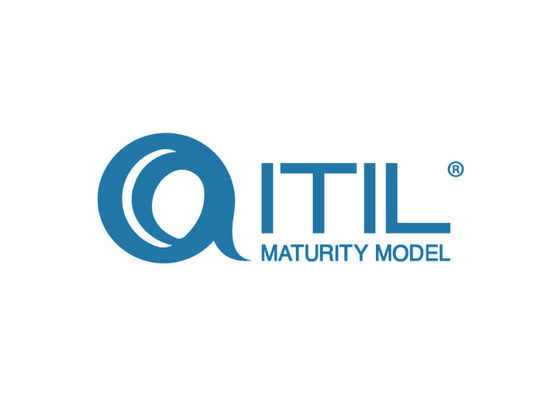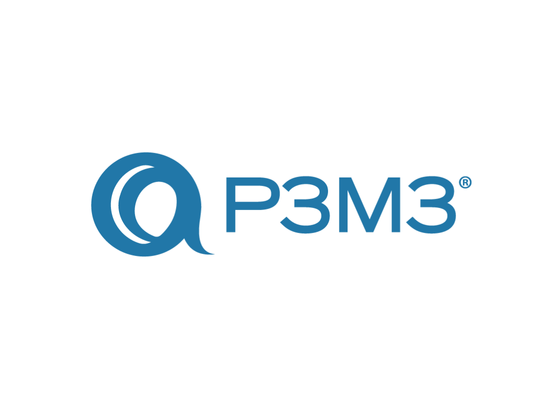SFIA Mapping Overview
ITSM Hub offer a range of IT-related training courses in fields such as IT Service Management, IT Asset Management, DevOps, Agile, Lean IT and others.
Our SFIA consultant has linked these courses to the IT skills listed in the Skills Framework for the Information Age (SFIA®) - the latest version of the framework SFIA 8.
This mapping is to assist organisations in identifying the appropriate courses to support their staff in developing the IT competencies required to perform their required roles in the organisation.
The courses have been analysed to identify the knowledge presented together with practical activities undertaken to identify which SFIA 8 skills are relevant without considering responsibility levels. The skills list for a course should generally not exceed 5 or 6 skills and may well be less.
All courses offered by ITSM Hub show the core skills in which the course can help an attendee to gain proficiency. Proficiency in a skill is dependent on several factors: experience, professional skill as described in each skill, behaviours (social skills) and knowledge, which are supported by qualifications and certifications. Our courses provide knowledge that is specifically relevant to the SFIA skills listed as core skills for each course together with some hands-on experience provided by in-course assignments. Most of our courses include the option to undertake recognised certification that confirm understanding of the principles and concepts presented during the course.
SFIA Skills Mapping - Course example
Each of our course outlines have the following, please refer to each course for specific skills or contact us for a full list.
Agile Scrum Master
This course enables participants to develop their knowledge and proficiency in the following Skills Framework for the Information Age (SFIA®) professional skills:
- METL: Methods and Tools
- DESN: System Design
- SWDN: Software Design
This list gives the core SFIA skills covered by the course. Elements relevant to other SFIA skills may also be included to a lesser depth. Proficiency in a SFIA skill is measured by performance assessment and is achieved through actual substantial use of that skill in a real-world situation over some time. In course assignments and exercises undertaken through a course can demonstrate elements of the relevant skills which can then be further developed back in the workplace. Acquiring new skills and building on existing skills, ideally occurs within the context of an agreed development plan for each person that ensures that their personal circumstances, strengths and development needs are met.











